Before coming to college, I knew the trauma of gun violence. The tears of moms crying as they buried their child before their eighteenth birthday were all too familiar to me. The echoes of bullets and the chaos that ensued as police stormed into the neighborhood while helicopters hovered in the air. I’ve had guns lifted against my head as people asked me to beg for my life. The stories I tell are not unique from where I come from. Where one is more likely to have a gun than a high school degree. And to work several jobs at the age of 15 so their family can eat. Every day is a struggle to survive.
The gun violence associated with this struggle is rarely discussed. It takes a mass shooting in Colorado where 10 people are tragically killed before gun reform is considered. Yet, when 2,200 people are shot in Philadelphia last year, the nation is silent.
The halls of Lafayette are unequivocally unaware of the trauma in the inner cities. I’ve heard more conversations regarding people’s lavish houses and new luxury cars than conversations regarding issues directly affecting others. As a result, it is no wonder that COVID-19 isn’t taken seriously. The attitude of “if it doesn’t affect me, it won’t affect you” pervades our minds. As we adopt this attitude towards other issues like gun violence, I can’t help but feel that these issues will never be solved.
This is in part because gun violence occurs predominantly in black neighborhoods. Due to racist ideas, we tend to overlook this social issue by subtly succumbing to the racist beliefs so many of us are against. The notion that black people are inherently more violent and aggressive permeates our society. In order to solve gun violence and mass shootings we need to see the inner city violence that plagues our inner cities as issues which affect the day-to-day welfare of citizens of our country.
Personally, I am exhausted. There are so many people I have known who have died from gun violence, I’ve lost count. I’m beyond exhausted and I am sure you would be, too. How would you feel if your friend was murdered and while scrolling through Instagram you found a picture of him holding his baby girl in his hands? And when his baby girl asks, “where is daddy?” How can I tell her why he’s not here?
So I’m asking you to not adopt an attitude of indifference, as it only disregards the mental anguish so many people face. Instead, discuss and advocate for issues that may not directly affect you but could help heal a world corrupted by pain. Imagine you’re sitting on the park bench with your friend’s baby girl and she asks “where daddy is” and you have to explain to her why he is not there.


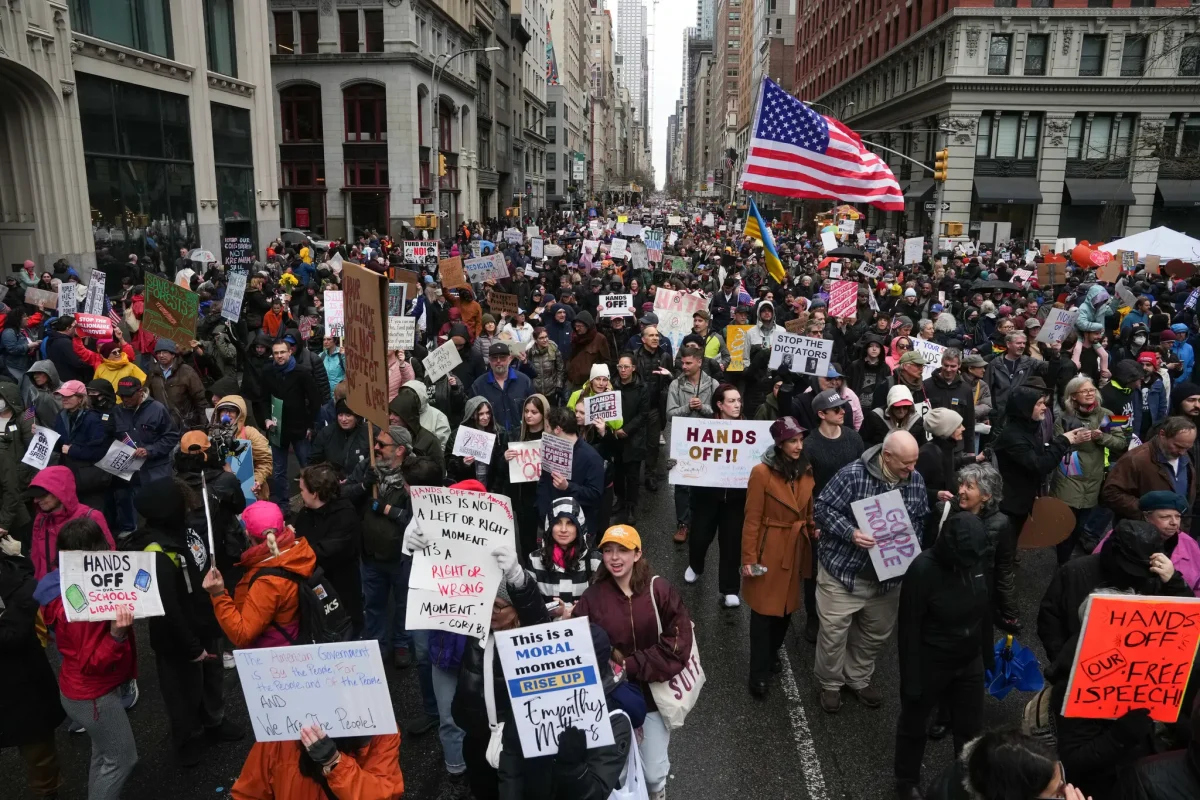
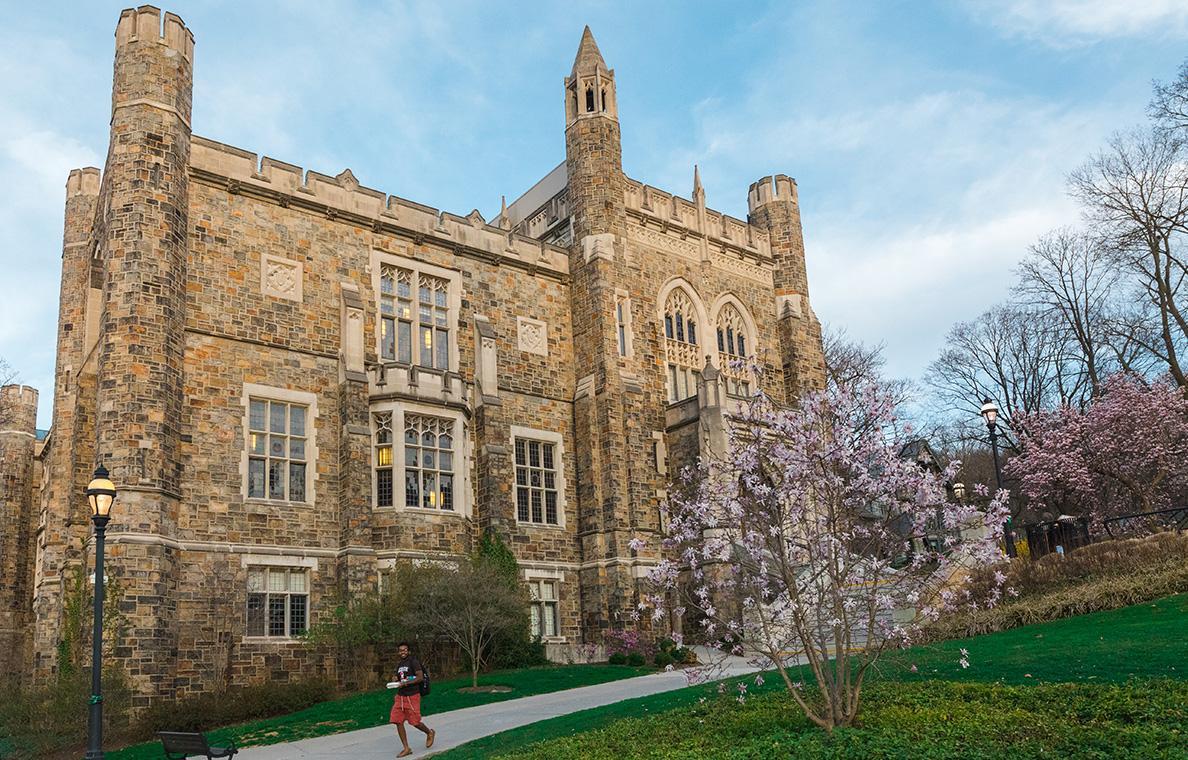






















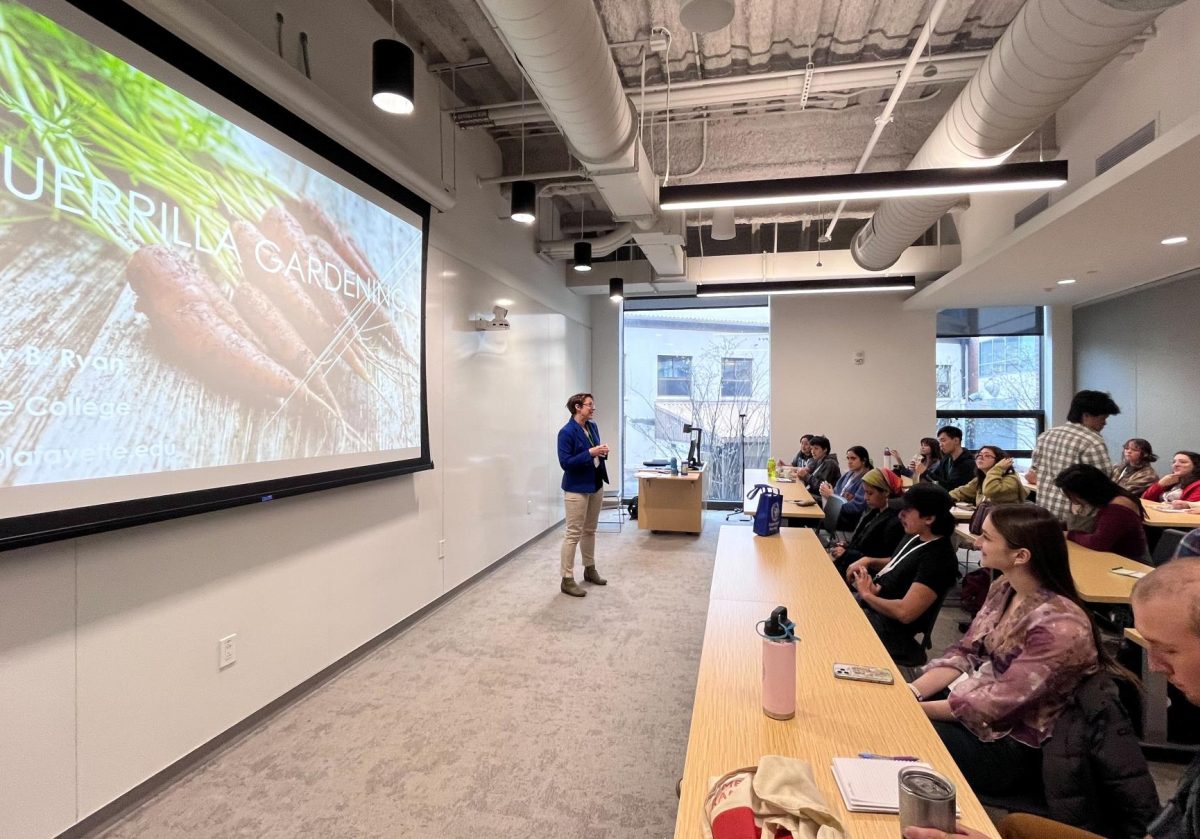
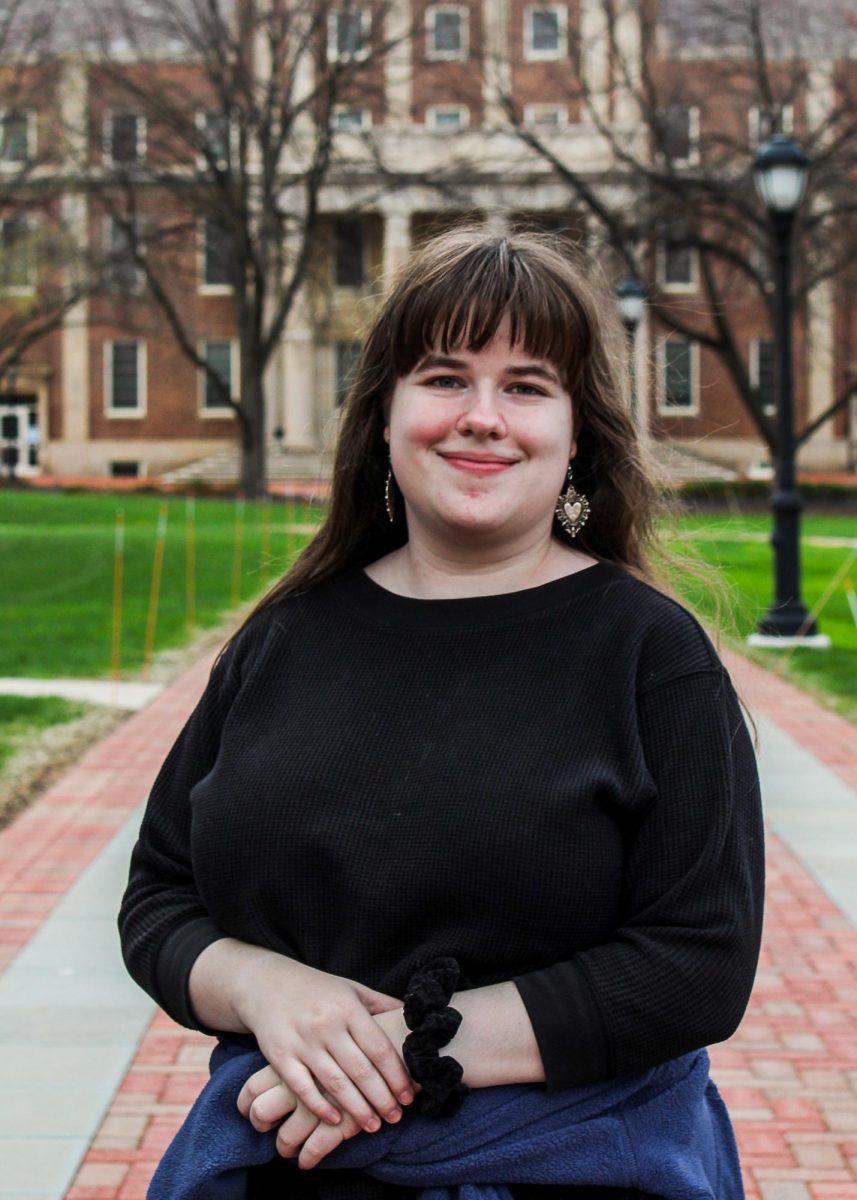
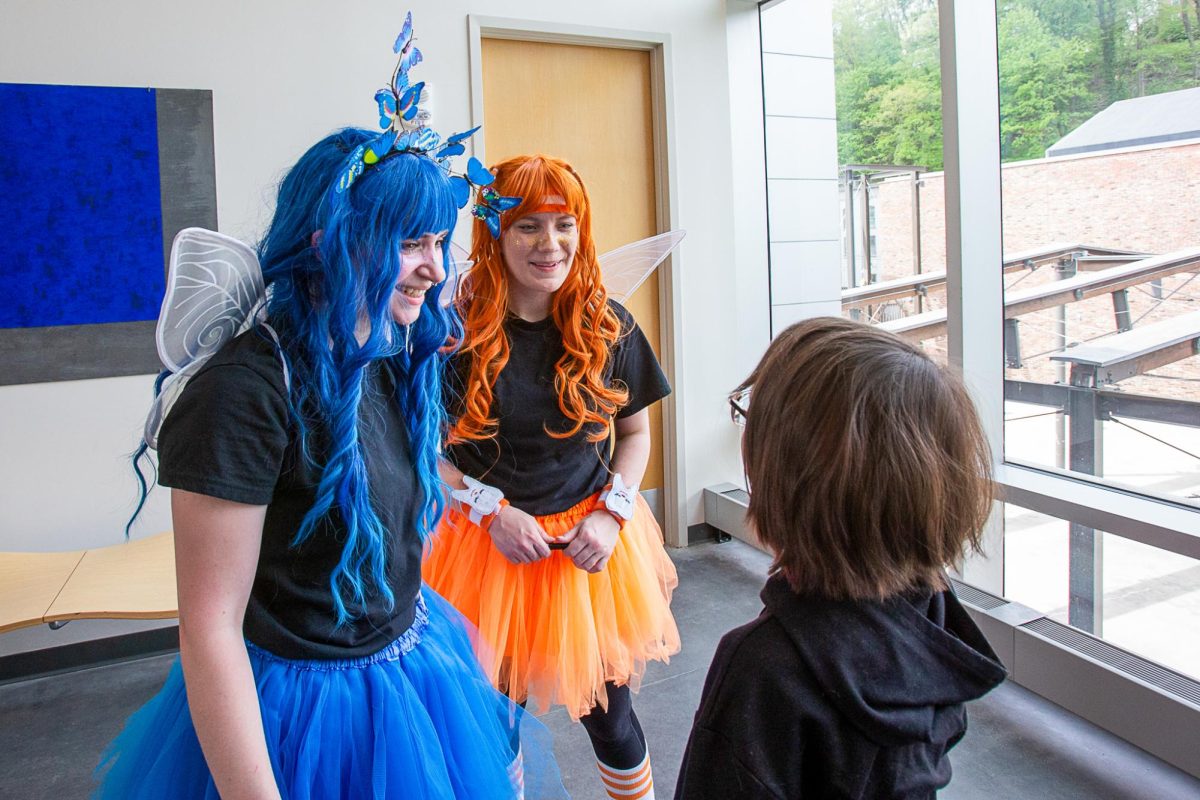






























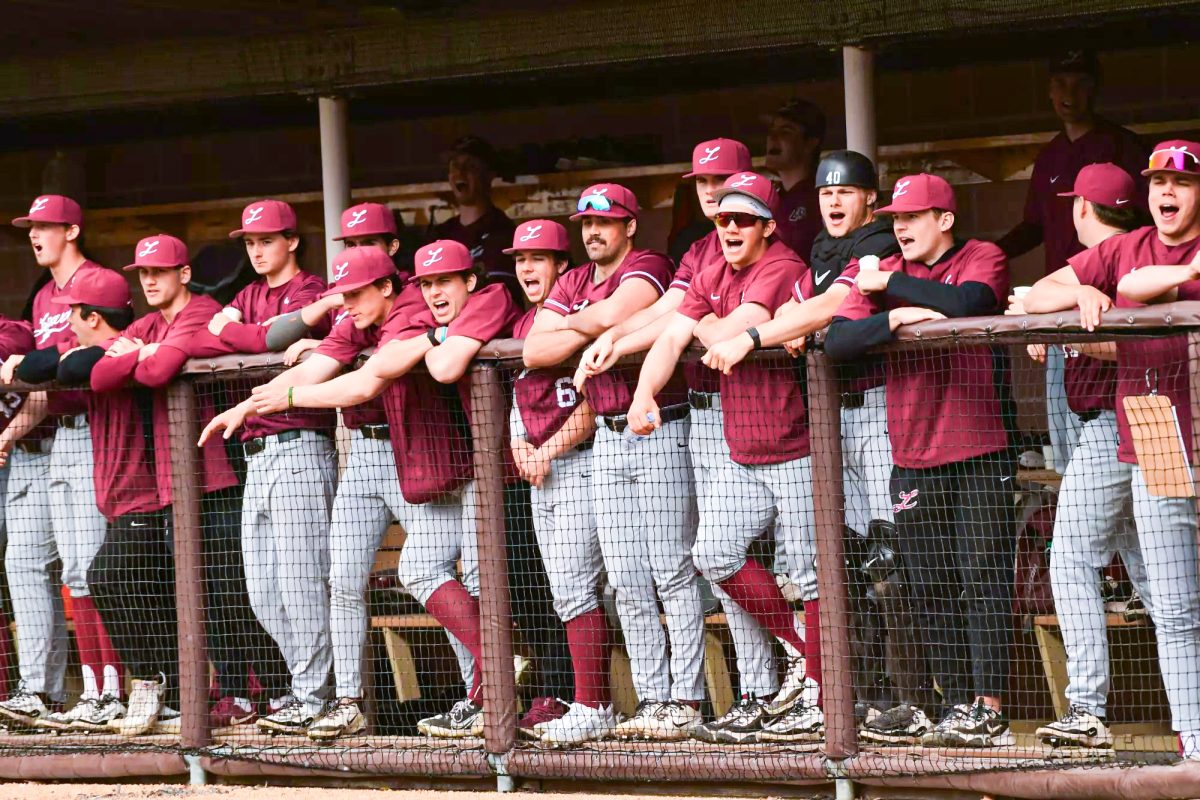


























































Satuna • Apr 17, 2021 at 1:03 am
Heartfelt. Excellently written. Thank you for sharing your story and connecting it those who are also the victim of such harmful repercussions.